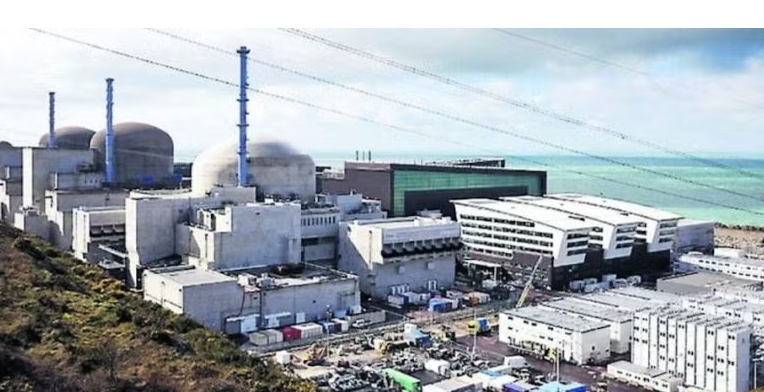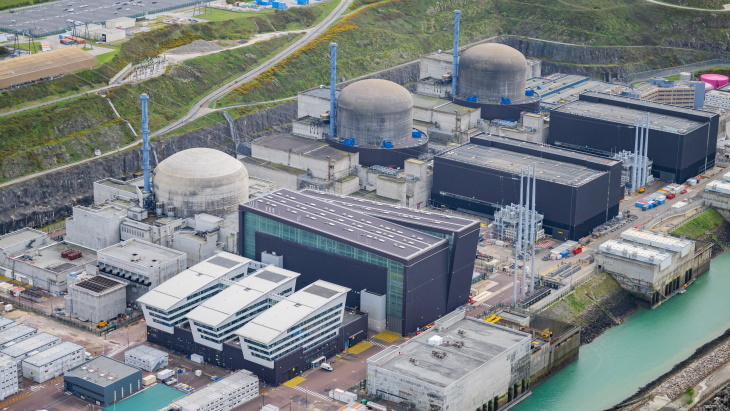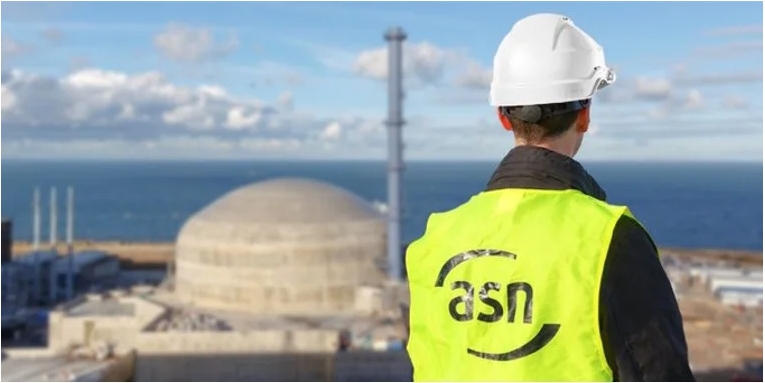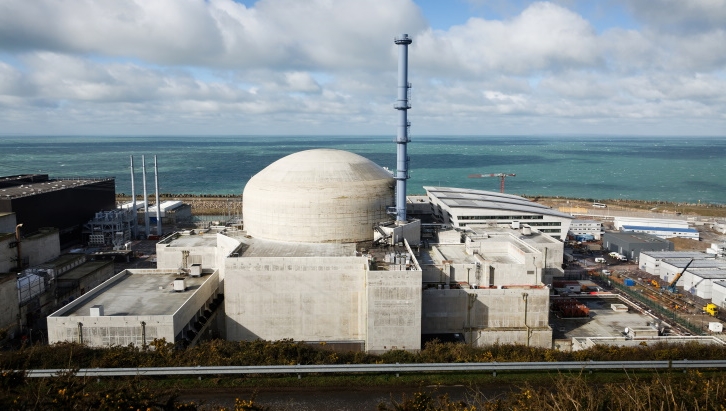Sanctions have barely affected Iran’s exports of oil products, primarily fuel oil used for power generation and shipping as well as liquefied petroleum gas (LPG) used as cooking gas and petrochemical feed.
Iran’s product exports reached their highest level in August, oil minister Bijan Zanganeh was quoted as saying by a lawmaker after a parliamentary meeting on Aug. 27. “In exports of products we have no problem,” Zanganeh was cited as saying.
Consultancy FGE estimates Iran’s product exports at 400,000-500,000 barrels per day, exceeding the top end of crude export estimates by other analysts of some 400,000 bpd for July.
Refinitiv Eikon data shows Iran exported more than 230,000 bpd of fuel oil in August, all to the United Arab Emirates, slightly above July’s figure of 220,000 bpd. At current prices, and assuming Iran is not selling at a big discount, such sales generate over $300 million a month.
Data intelligence firm Kpler says Iran exported 514,000 tonnes of LPG in July, or nearly 200,000 bpd, worth over $180 million at market prices. This compares with 579,000 tonnes in June. China accounted for more than 95 percent of Iranian LPG exports in June, according to Kpler.
Samantha Hartke, head of natural gas liquids and LPG at consultancy Energy Aspects, said her firm did not expect Chinese imports of Iranian LPG to abate given China’s new petrochemical capacity is creating significant demand for the feedstock.
“The irony is: if not for the US-China trade war, the US would have greatly benefited from this uptick in Chinese demand as a means of mopping up its overabundance of LPG supplies, thanks to shale,” she added.
Unlike crude oil, where the ultimate buyer is a refinery, fuel oil and LPG can find their way to potentially thousands of small-scale industrial or residential buyers, Iman Nasseri, managing director for the Middle East with FGE, told Reuters.
“The market for these two products is so vast that finding and targeting those individuals is not easy,” he said.
In July, Grace 1, a jumbo tanker laden with Iranian crude, became the most-watched ship in the world after the British navy seized it off the coast of Gibraltar on suspicion of carrying oil to Syria.
The tanker has changed its name to the Adrian Daria since being released by Gibraltar and is in the eastern Mediterranean.
Oil products, like crude, fall under US sanctions.
“Non-US persons engaged in this sanctionable conduct could be sanctioned themselves and be subject to blocking by the US,” Erich Ferrari, a Washington-based attorney who specializes in sanctions law, told Reuters.
Iran’s Oil Ministry did not immediately respond to a Reuters request for comment.
Self-sufficiency
Iran has a refining capacity of around 2.23 million bpd, putting it behind regional leader Saudi Arabia. But years of sanctions and underinvestment mean the country’s refining sector lags its Gulf neighbors, who have invested billions of dollars to create some of the world’s most complex refineries.
Despite the challenges, Iran declared self-sufficiency in gasoline after the inauguration of the third phase of its 350,000-bpd Persian Gulf Star refinery in February. Shipping data shows Iran has imported barely any oil product recently.
Iranian gasoline production stands at 105 million liters per day, according to Zanganeh, or around 660,000 bpd, while consumption is around 100,000 bpd below production. It even exported gasoline this year for the first time. Its gas oil production stands at around 720,000 bpd.







